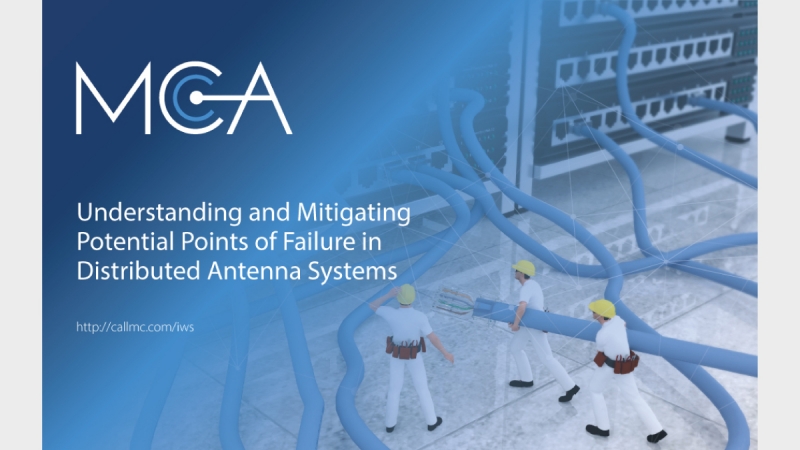
Implementing a rigorous maintenance routine post-DAS installation is vital to ensure sustained system efficiency. Components within a DAS can vary in their vulnerability to damage, hence identifying and fortifying these weak links is essential as DAS technology advances. This is crucial to prevent service degradation and maintain superior functionality.
Organizations should adopt a multi-tiered risk management approach to preserve a resilient and continuous wireless communication framework. This involves regular system check-ups, strategic foresight, and effective collaboration with network carriers, pivotal for the longevity and dependability of Distributed Antenna Systems.
Core Element: DAS Head-End
At the nucleus of a DAS is the head-end, the central hub for incoming RF signals from network providers. This hub converts RF signals into optical signals, which are then dispatched via fiber optic cables to various remote units. These units revert the optical signals back into RF signals, facilitating mobile phone connectivity.
Identifying Vulnerabilities: Common Failure Points
Certain components within the DAS framework are more susceptible to issues:
- DAS Head-End Electronics: Central to the system, defects here can lead to comprehensive disruptions.
- Remotes: These are crucial for signal conversion; any dysfunction can interrupt signal flow.
- Coaxial Cable: Prone to damage, affecting signal continuity.
- Fiber Optic Cable: Essential for DAS functionality, with damages leading to signal loss.
- Signal Source Components: The backbone of DAS efficiency, where any disruption can severely impact service.
Specific Vulnerabilities and Impacts
Understanding individual component roles and their potential for failure is essential:
- Base Station Electronics: Key for uninterrupted service; issues can cause significant outages.
- Electrical Supply: Must be consistent to prevent service disruptions.
- Backhaul Router Connection: Essential for maintaining carrier network connectivity.
- GPS Signal: Vital for time accuracy; disruption can cause delays.
- DAS to Signal Source Connection: Crucial for continuous service; failure leads to interruptions.
Understanding Disruption Levels
Grasping the scope and impact of different failures allows for better preparedness:
Critical Failures:
- Carrier Signal Source: Results in a complete system outage.
- Power Circuit: Affects entire service areas.
- Backhaul Router: Prevents call connection to the network.
- GPS Connection: Causes delays, impacting the system within 24 hours.
Major Failures:
- Remote Unit: Affects specific coverage zones.
- Fiber Connection: Leads to area-specific service disruption.
- Coax or Antenna: Results in localized antenna coverage issues.
Implementing Mitigation Strategies
To combat vulnerabilities and enhance system resilience, several strategies should be employed:
- Regular Equipment Checks: Regular maintenance to detect and rectify issues early.
- System Redundancies: Including backup power and alternative connectivity options.
- Monitoring Systems: Advanced tools for early problem detection and critical component alerts.
- Carrier Collaboration: For swift resolution of backhaul and signal source problems.
- Fiber Network Redundancies: To reduce the impact of fiber connection issues.
About MCA
MCA is one of the largest and most trusted DAS integrators in the United States, offering world-class voice, data, and security solutions that enhance the quality, safety, and productivity of customers, operations, and lives.
More than 65,000 customers trust MCA to provide carefully researched solutions for a safe, secure, and more efficient workplace. As your trusted advisor, we reduce the time and effort needed to research, install, and maintain the right solutions to improve your workplace.
Our team of certified professionals across the United States delivers a full suite of reliable technologies with a service-first approach. The MCA advantage is our extensive service portfolio, which supports the solution lifecycle from start to finish.
